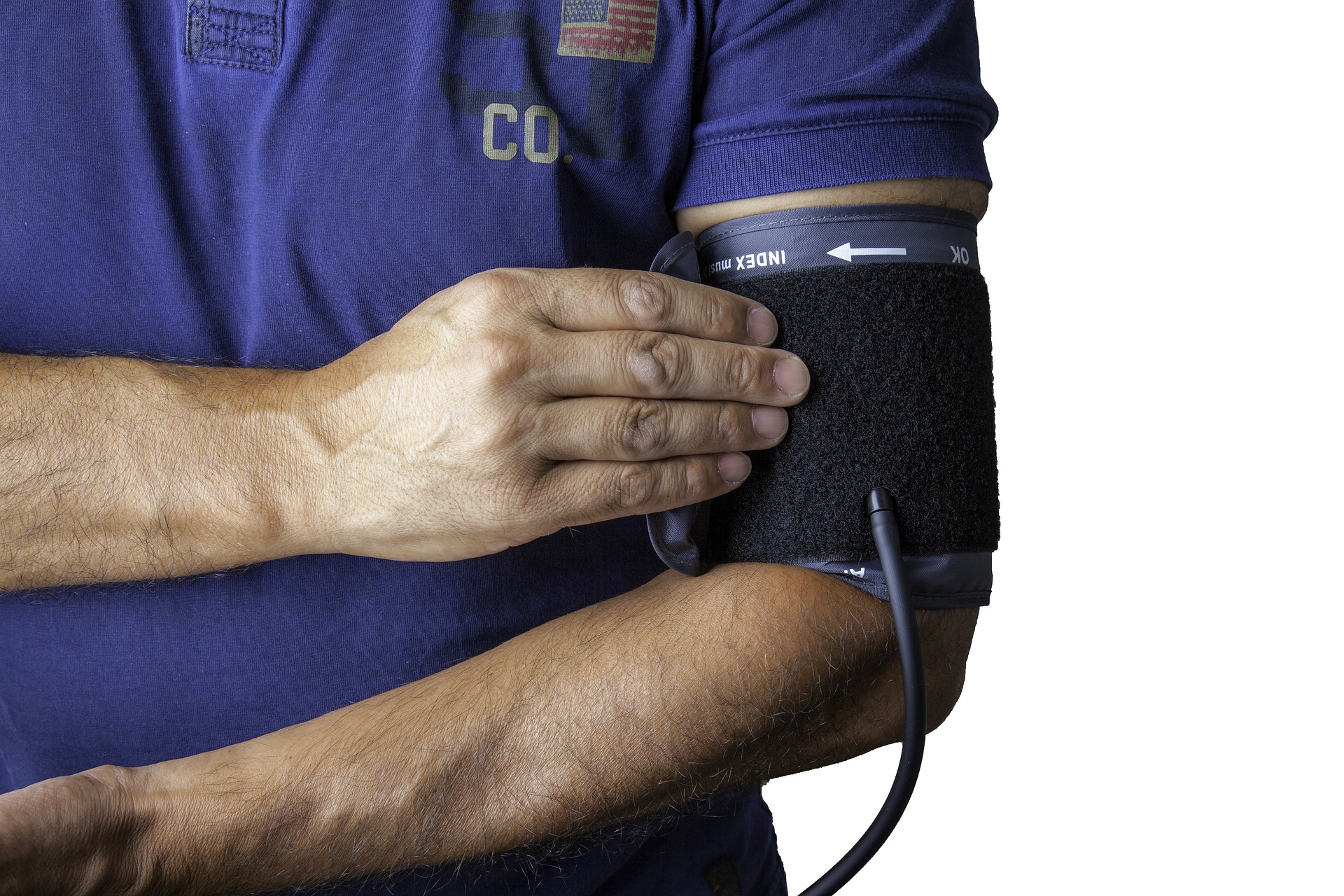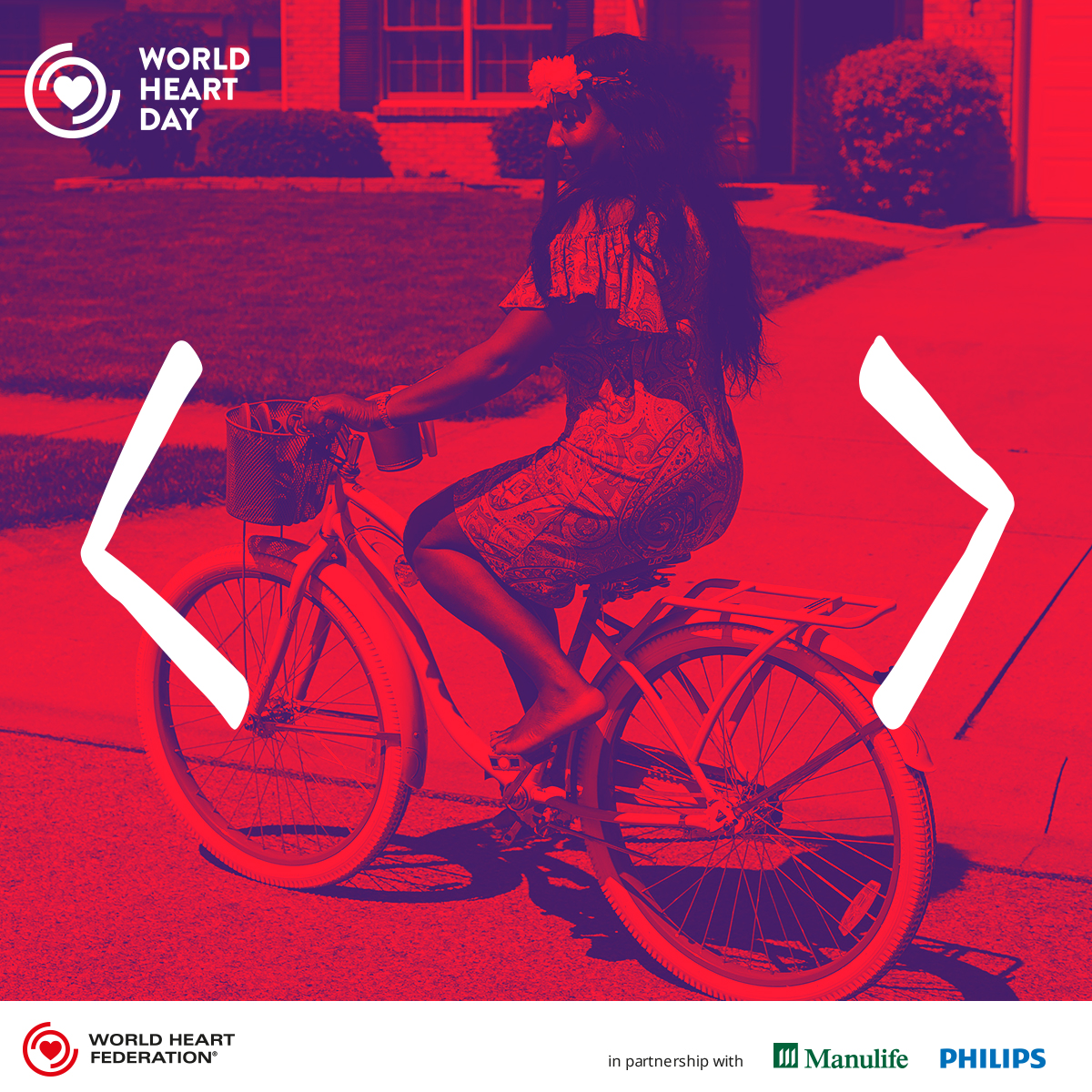
Wimbledon 2020 Cancelled
It is almost that time of the year when people would go watch a sporting

September 29th is World Heart Day, and the World Heart Federation (WHF) is asking everyone to make a promise: eat healthy, get more exercise, and say no to smoking.
The world’s number one killer today is cardiovascular disease, but you can change that. WHF say that with just a few small changes to our lives, we can reduce the risks of heart disease and stroke that we face. We can also improve the quality of our lives and set a good example for our children. Say to yourself, “What can I do right now to look after my heart?”; and say to your loved ones and people all around the world, “What can I do right now to look after your heart?”
People who cannot sleep properly every night find that the following day, they cannot function well and do not have enough energy to get through normal tasks. The repercussions of a lack of proper sleep, though, exceed this state of just being cross. Research would say that being continuously sleep deprived can have grave effects on your heart health.
Many people endure a continuous state of sleeplessness. Some of these people skip the eight-hour snooze maybe because they need to work, or maybe because they choose to participate in recreational or social activities.
The European Society of Cardiology Congress in Munich, Germany, recently heard a study presentation that showed that you need to get better sleep to reduce your risk of developing coronary artery disease, which is fatal in many cases. Abnormal sleeping patterns – sleep routines that deviate from the recommended nightly pattern – can lead to other various cardiovascular risks. These include high blood pressure, obesity and diabetes.
According to Dr. Susan Redline, the Peter C. Farrell Professor of Sleep Medicine at Harvard Medical School, short sleep or sleep that lasts only for less than six hours a night is particularly harmful to the health of your heart. What sleep deprivation can do is increase the blood levels of stress hormones and other substances that imply an infection. This in turn leads to cardiovascular disease. Only one single night of sleep deprivation can disturb your body system.
On the other extreme, being asleep for more than the normal period can also have adverse effects on the heart. Researchers discovered that people who normally sleep for nine hours and beyond every night would develop an increased calcium buildup in their heart artery walls and develop stiffness in their leg arteries; as compared to those who slept the recommended eight-hours.
Another factor that associates heart disease and sleep deprivation is obesity. Dr. Redline attests that there is dependable evidence that there is a compelling connection between lack of sleep and weight gain. This is because short sleepers tend to binge on snacks and eat more food in general than those who have had enough sleep. Also, the brain reward systems, including those that deal with energy intake, judgment, and food choice, are jeopardized by insufficient sleep. In the same light, more studies reveal that people who haven’t had enough sleep prefer sweet and fatty foods over healthier options like vegetables. Further, short sleepers are commonly affected by fatigue, and this discourages them from exercising, which is necessary to combat undue weight gain.

High blood pressure, which can sometimes be linked back to insomnia, is the primary cause for cardiovascular disease. Suffered by one third of the population at a certain point in their lives, insomnia prevents people from falling or staying asleep. Some people with insomnia experience a chronic condition of hyperarousal, a mental state identified by anxiety and feeling on edge. This condition can further aggravate blood pressure problems.
Another prevailing sleep disorder is obstructive sleep apnea. This is distinguished as a repeating pattern where a person momentarily stops breathing many times a night as the tongue or throat tissue blocks the airway. Sleep apnea is commonly linked with obesity, and this heightens the chance for people to be affected by high blood pressure problems, and suffer a heart attack or stroke.

The World Health Federation has a few suggestions on how you can support WHD 2018 “For my heart, for your heart … for all our hearts, all around the world”.

It is almost that time of the year when people would go watch a sporting

Queen Elizabeth II has two birthdays to celebrate: her actual birthday on 21 April and

The first of May is celebrated by many countries around the world as Labour Day